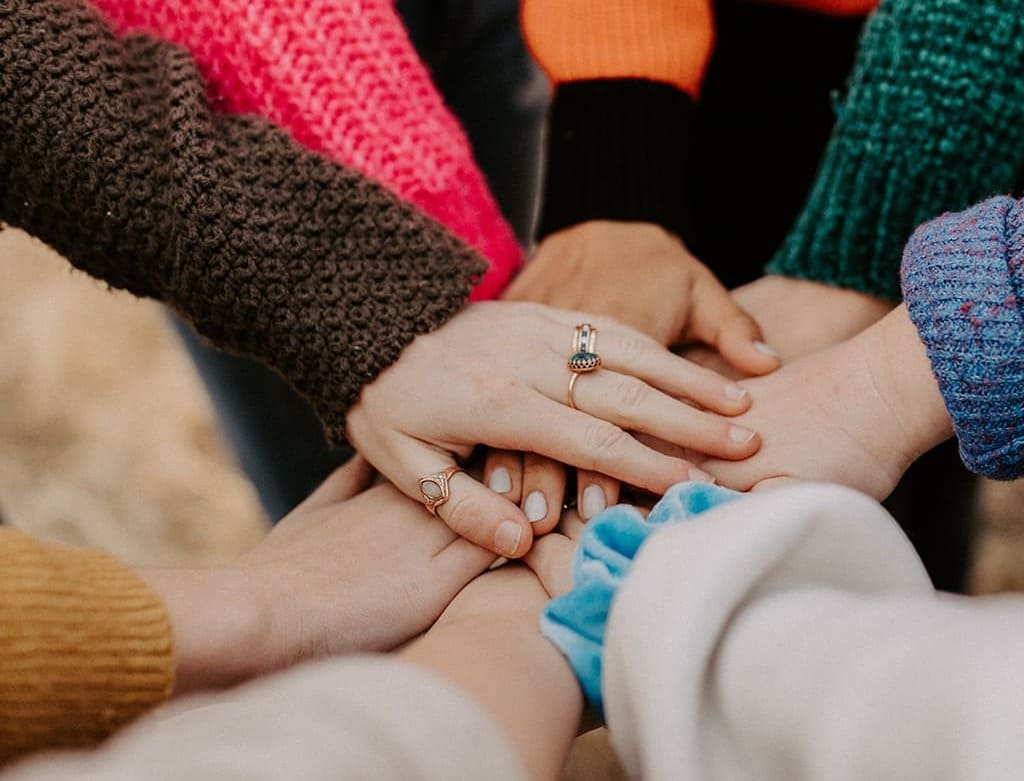
Description of educational activity
Are young people interested in politics? Do elementary and high school students believe that citizens have the power to bring about change? In general, do young people feel they can have an impact on the city and its people? These are some of the critical questions that Sparking Civic Engagement tries to answer. This activity highlights students’ power to get involved in collective action for the common good.
Students embark on an active tour of the museum to discover how Montréal citizens have fought for different causes. They imagine a project they could implement in their school or neighbourhood. Through discussions, votes and debates, they answer questions to create realistic parameters :
- Why? Which cause do they want to fight for and why?
- What? What actions do they want to take? What types of projects would be most accessible and realistic for them to carry out?
- Who? Who does their project speak to? Who are their allies?
- When? When will the project be implemented?
- Where? Will it be implemented in their school, their neighbourhood or at a community centre?
Objective
- Identify and learn about the three forms of civic engagement: volunteering, voting, and advocacy
- Discover the ways in which Montréal has been shaped throughout its history by its citizens and their actions.
- Empower young people to understand that they have a place in Montréal’s ecosystem of citizen participation and spark their interest in civic engagement.
Links to the Québec Education Program (QEP)
Elementary Cycle 3
Cross-Curricular Competencies
- Use information
- Exercise critical judgement
- Use creativity
- Construct one’s identity
- Cooperate with others
- Communicate appropriately
Culture and Citizenship in Quebec
Competencies
- Examines a variety of points of view
- Engages in dialogue
- Develops responses
Themes and subthemes
- Collective life
- Democratic experiences
- Social participation
- Ecological transition
- Collective choices for the future
Secondary Cycle 1
Culture and Citizenship in Quebec
Competencies
- Examines a variety of points of view
- Engages in dialogue
- Develops responses
Themes and subthemes
- Citizenship
- Social cohesion
- Civic participation
- Social solidarity
- Democratic institutions of Québec and Canada
- Rights and responsibilities
- Social order
The MEM is listed in the Répertoire culture-éducation. The activity is eligible for financial support through the Sorties scolaires en milieu culturel.
Educational vision
The MEM's educational offering is the fruit of a collective effort involving a committee of some fifteen teachers and education specialists, as well as community partners working in the fields of civic engagement, living together and accessibility.
Our educational programs aim to equip young people to become citizens interested in their city, its challenges and its history. They aim to foster their awareness of the importance of living together and their commitment to their community.
Our programs talk about Montreal, its history, its territory and its people, through such perspectives as neighborhoods, immigration, citizen power and disability. The varied activities that make up our programs encourage students to share their experiences, develop critical thinking skills and empathy, and foster civic engagement.